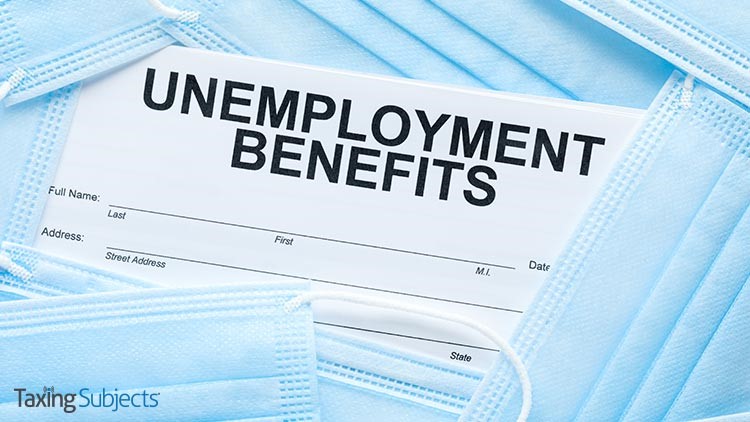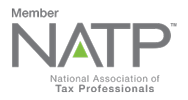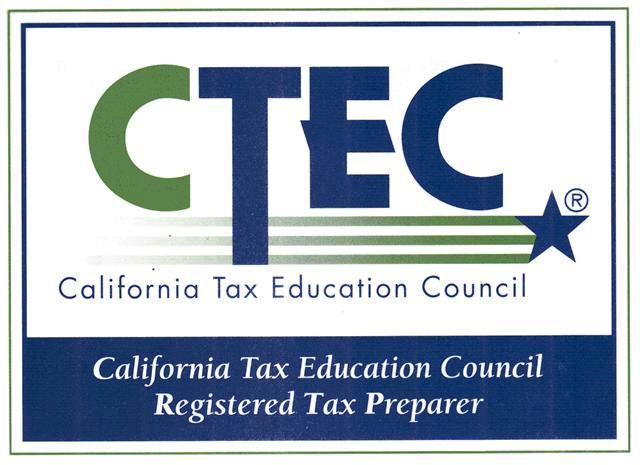
The nation has been weathering nearly one million weekly initial unemployment claims since the beginning of the pandemic. For many qualifying Americans, unemployment insurance benefits are the only thing preventing food insecurity and homelessness while trying to find a new job. Unfortunately, some still have not received their benefits.
The Internal Revenue Service warns that identity thieves have been targeting unemployment benefits, using stolen personally identifiable information to swipe the much-needed payments. Compounding the problem of not receiving unemployment compensation, those benefits are taxable—and issuing state won’t know the money hasn’t been received unless taxpayers notify them.
How do I know that my unemployment benefits have been stolen?
Receiving Form 1099-G, Certain Government Payments, for unemployment benefits that have not arrived in the mail or been deposited in a designated bank account can be a sign that you are the victim of identity theft unemployment benefits fraud.
What should I do if I receive a Form 1099-G for unemployment benefits I didn’t receive?
Getting an incorrect Form 1099-G for unemployment requires immediate action from the beneficiary. Whether a first-time recipient or having previously received unemployment compensation, affected taxpayers might not know what to do. So, we asked Drake Software Chief Compliance Officer Suzanne Vanderpool to explain a common misconception for reporting an incorrect Form 1099-G and identity theft unemployment fraud.
“I am concerned there will be confusion on how to report the identity theft associated with unemployment benefits,” Vanderpool says. “Unlike identity theft of a taxpayer’s e-filed returns, taxpayers do not need to file a Form 14039, Identity Theft Affidavit with the IRS. Unemployment benefits are issued by the states, and the taxpayer must request a corrected Form 1099-G from the state reporting the income.”
Since hundreds of thousands of Americans continue to file unemployment claims every week, it’s possible that some will receive an incorrect Form 1099-G too close to the tax filing deadline to submit a correct form to their state. In this situation, the IRS says affected taxpayers still need to request a new 1099-G from their state, but they shouldn’t wait for it to arrive before filing a tax return.
“Taxpayers who are unable to obtain a timely, corrected form from states should still file an accurate tax return, reporting only the income they received,” the IRS explains. “A corrected Form 1099-G showing zero unemployment benefits in cases of identity theft will help taxpayers avoid being hit with an unexpected federal tax bill for unreported income.”
What can I do to protect myself from identity theft tax refund fraud?
The best way to protect yourself from identity theft tax refund fraud is a combination of good data security habits and adopting IRS-issued prevention tools.
Here are some commonly used data security tips:
- Install and activate security software
- Keep all installed software updated—even your operating system, word processor, and games
- Learn the common signs of phishing scams
- Don’t open emails from unknown senders
- Don’t click links and attachments in emails—even from someone you know
- Don’t scan QR codes in emails or web ads from unknown or unsolicited senders
- Never provide private information in emails, SMS, or the phone
The IRS has a specific tool for preventing identity theft tax refund fraud: an Identity Protection Personal Identification Number, or IP PIN.
“An Identity Protection PIN is a six-digit number that prevents someone else from filing a tax return using a taxpayer’s Social Security number,” the IRS writes. “The IP PIN is known only to the taxpayer and the IRS, and this step helps the IRS verify the taxpayer’s identity when they file their electronic or paper tax return.”
Check out the following resources to learn more about identity theft and claiming unemployment benefits:
Source: IR-2021-24




